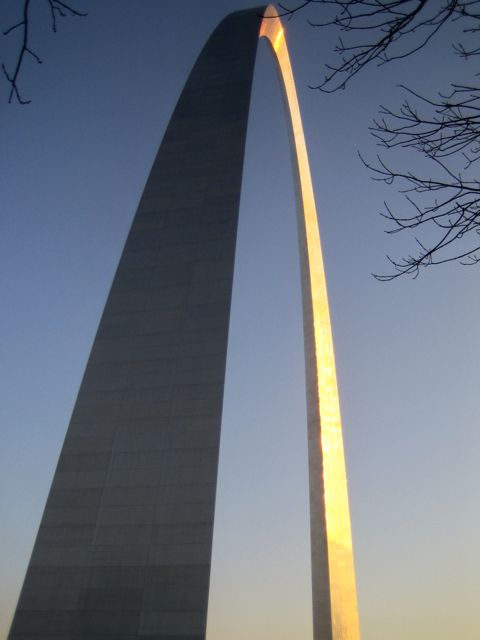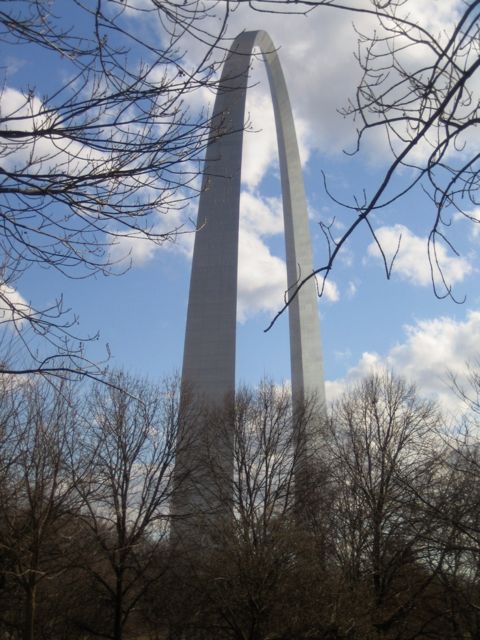This abridged article from The Guardian clearly defines many Australians as Passively Complicit (at best) in reinforcing our sexist society – “The behavior you walk past is the behavior you accept”.
(Australian) Liberal Leader, Tony Abbott, displays his daughters
By Van Badham, The Guardian. (Read the full article here)
Tony Abbott has a long and distinguished history of publicly reducing women to objects, but even I, who knows them all, spat my tea into my keyboard when he proudly paraded his daughters to the Big Brother housemates today.
The image of the man and two of his devoted family members is not offensive. In the context of a prime ministerial candidate offering up his own female children as an electoral treat, it is statesmanlike to the precise degree that greased-paper leaflets advertising a businessman’s nightclub in a suspiciously low-rent hotel are. Which is, not at all.
And yet, this is the standard commentary which Abbott has been able to set in his campaign. Commentators have written off the “sex appeal” comments and netballer flirting, just as they waved away his comments about “the housewives of Australia at home doing the ironing”.
As the admirable chief of the Australian army, lieutenant-general David Morrison said so unequivocally, “the standard you walk past is the standard you accept“. It is the standard accepted by the Australian commentariat as they walked past Abbott standing in front of the “ditch the witch” poster. It is the standard which is being accepted when MPs bully the first female prime minister, going as far as making jokes about her being barren.
It’s not Abbott’s Australian larrikinism which is on trial here. It’s not sauciness, or “blokeyness”, or anything else but contemptuous woman-hating that Gillard, the flame-haired Cassandra of our Australian political epic, so very rightly denounced when she declared that the definition of misogyny in modern Australia was Abbott himself.
Based on his behaviour in the campaign, I’m going to call it even more plainly: Abbott thinks women are ornaments. It’s a belief that extends to his colleagues, to women he meets on the campaign trail and – on goddamn national television – to his own daughters. And just what, if he becomes prime minister, do you think that will mean for you? On Saturday, Australia – what standard will you be walking past?






